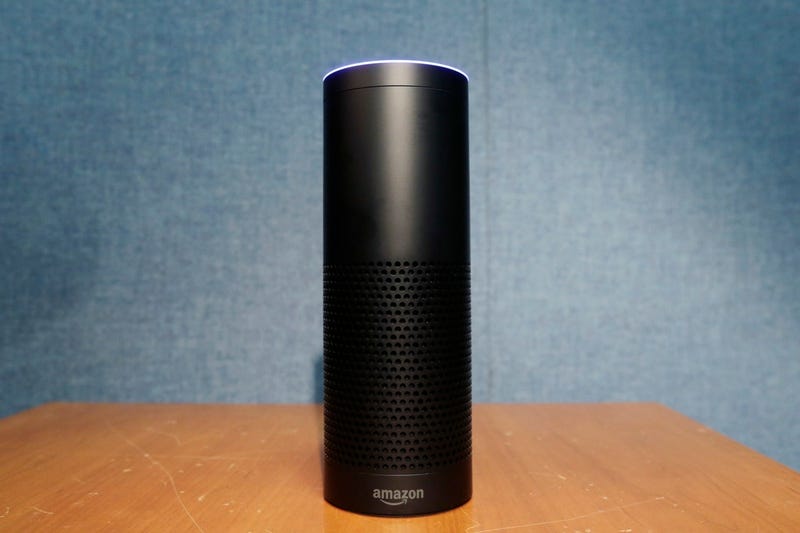
Buffalo, NY (WBEN) Amazon Alexa privacy policy changes are coming. That means your voice recordings will soon go up into the cloud.
UB's Kevin Cleary says Amazon is not alone. "Even all of our cell phones are recording a lot of what we're saying and digitizing that. So, there are major privacy concerns there," says Cleary. He says trying to understand a policy is next to impossible. "They're written by a combination of legal teams and technical teams that are trying to indemnify any kind of risk or future use of that data. So is somebody a digital privacy advocate? Yes. This is a huge concern to me," says Cleary.
He says the industry has removed the power from the consumer to opt out, which he calls a basic, fundamental privacy right, "We have control over our data. We get to say how our data is used, what it looks like, how it's handled, what information it reflects, and the more ability we take away from the individual who's providing that data, the worse we are from a privacy landscape perspective," notes Cleary.
Cleary admits many of us don't bother reading the policy in favor of using devices like Alexa. "We want to use what we want to use. In that moment, the privacy implications kind of become secondary. I think a lot of us kind of fall into that, that bubble of, look, I want to use this now the privacy concerns aren't first and foremost in the front of my mind, or it's not something that's necessarily tangible to me right now, I want to use that Alexa. I want to use that echo. I want to be able to talk to it from across the room and have whatever music play that I want, or make some kind of an order that convenience is is worth it enough to us that we're willing to, in that moment, forego any of those policy concerns," explains Cleary.
He says the big concern is not only, what is Amazon doing with that data on the back end? "They're obviously mining it and doing data analytics on that to do better business, but what happens when they lose control of that data? What happens when there is a data breach and then somebody else gets a hold of that data," says Cleary.
Cleary believes privacy should be the default. "It shouldn't have to be something that we opt into. It should have to be something that we opt out of. And unfortunately, that's not the law," says Cleary.
